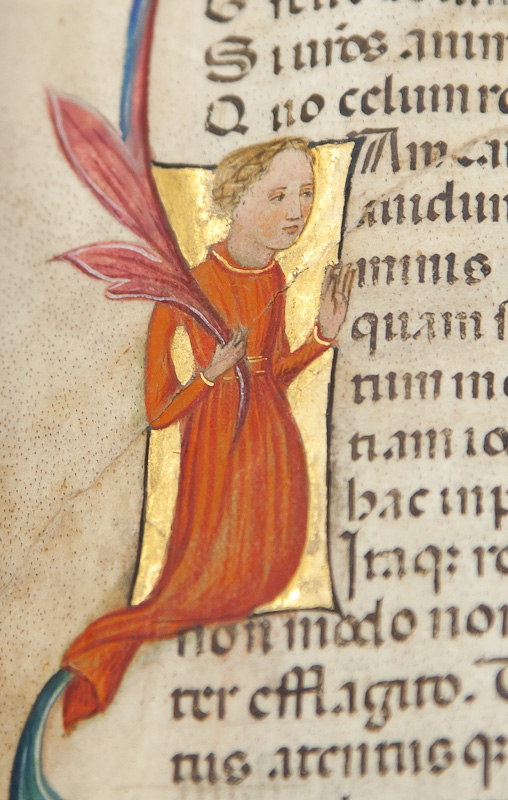Boethius, Consolation 1.90-95
“For what advantage is there of speaking about those falsely attributed works in which I am said to have agitated for Roman freedom? Their fakeness would have been obvious if it had been allowed for me to use the confession of those informers of mine, since this has the most potent influence in all of this business.
What freedom remains to be hoped for? If only some remained! I would have then responded in that phrase of Canius. When Caligula accused him of being aware of a conspiracy underway against him, Canius is reported to have said, “If I had known of it, you would not.”
Sorrow has so thoroughly weakened my senses in this matter that I complain that evil men have attempted to do evil, but I am in fact surprised that they have accomplished what they hoped to. For, while it is perhaps our special weakness as humans to desire to do the worse thing, it is nearly monstrous that whatever a criminal mind can conceive of he can do while God looks on.
This is why it is not surprising that one of your friends asked “If there is really a God, where does evil come from? Ah, but where is good from if there is not?”
Nam de compositis falso litteris quibus libertatem arguor sperasse Romanam quid attinet dicere? Quarum fraus aperta patuisset, si nobis ipsorum confessione delatorum, quod in omnibus negotiis maximas vires habet, uti licuisset. Nam quae sperari reliqua libertas potest? Atque utinam posset ulla! Respondissem Canii verbo, qui cum a Gaio Caesare Germanici filio conscius contra se factae coniurationis fuisse diceretur: ‘Si ego,’ inquit, ‘scissem, tu nescisses.’ Qua in re non ita sensus nostros maeror hebetavit ut impios scelerata contra virtutem querar molitos, sed quae speraverint effecisse vehementer admiror. Nam deteriora velle nostri fuerit fortasse defectus, posse contra innocentiam, quae sceleratus quisque conceperit inspectante deo, monstri simile est. Unde haud iniuria tuorum quidam familiarium quaesivit: ‘Si quidem deus,’ inquit, ‘est, unde mala? Bona vero unde, si non est?’

